Australians served the ‘middle finger’ by Facebook parent Meta: Rowland
The decision to walk away from local publishers would have ramifications for the entire community, Communications Minister Michele Rowland said.
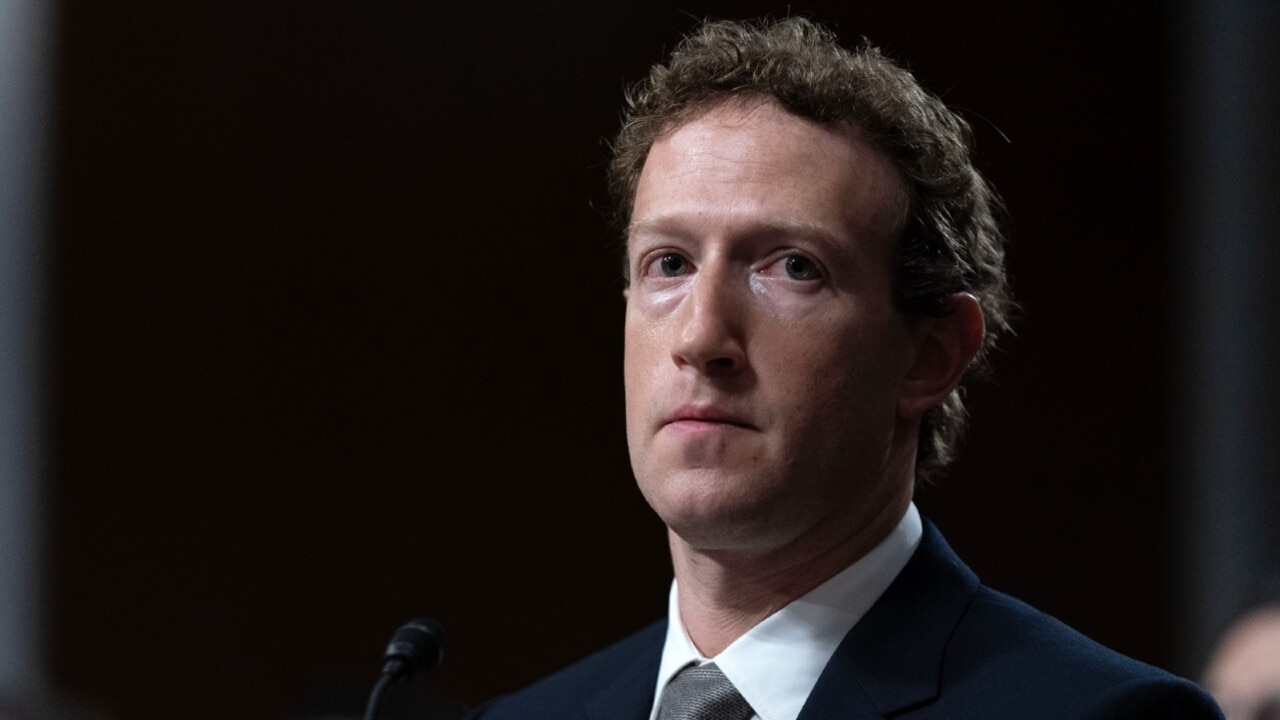
Australians have been served the “middle finger” by Facebook, Communications Minister Michelle Rowland says, as the Albanese government attempts to force its parent company, Meta, to pay for local news content.
Speaking in an interview set to air on Sky News Australia on Wednesday evening, Ms Rowland said Meta’s decision to walk away from renegotiating deals would also hurt the bottom line of the local news industry.
“What (Meta’s decision) will actually mean is a significant decline in revenues for Australian news media publishers,” she said.
“This will be devastating to Australian publishers. It will have a profound impact on the quality of news media in this country – in terms of its impact and reach in the Australian community.”
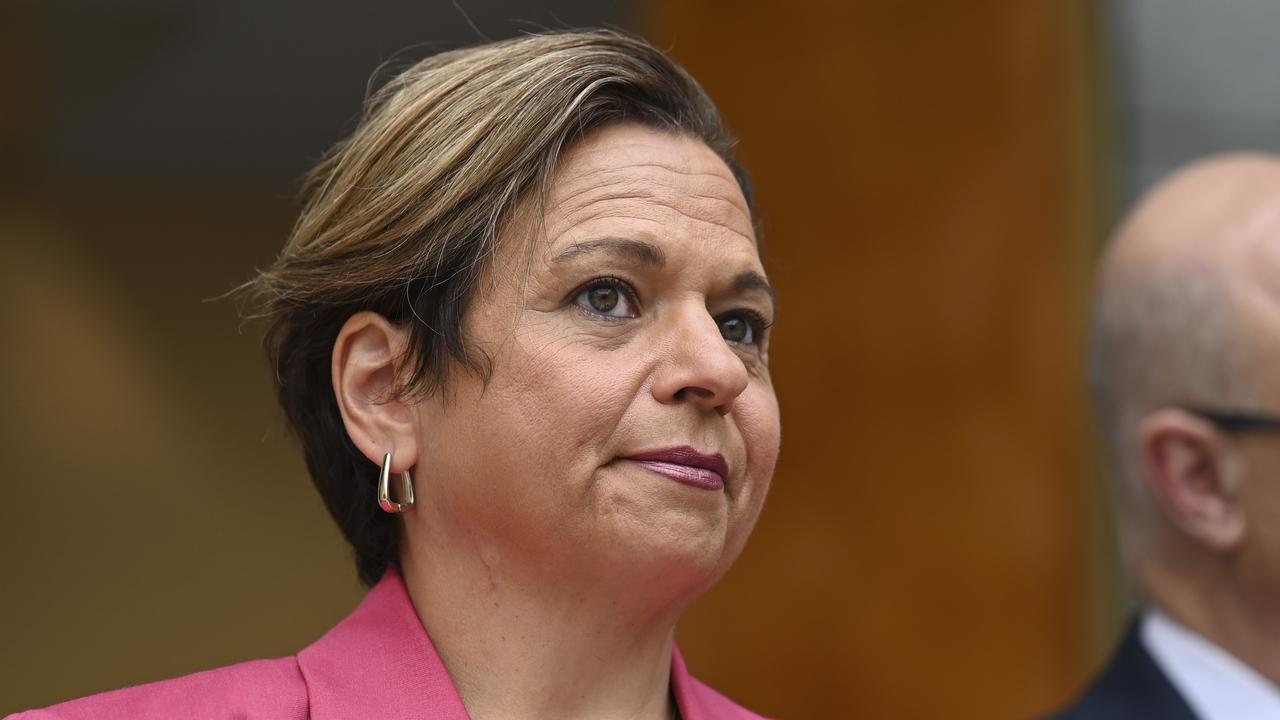
Dozens of deals were made under the News Media Bargaining Code, which was legislated by the Coalition in 2021, in an attempt to make digital platforms Facebook and Google pay for news content they displayed on their sites.
However, 13 agreements between publishers – including Nine Entertainment, Seven West Media and News Corp Australia – and Meta will begin to expire in less than three months.
In late February, Meta informed publishing bosses it would not pay for Australian news content, claiming a lack of user interest in access to news.
Meta’s decision leaves Australian newsrooms with a $70m-a-year shortfall at a time of already slim operating budgets, potentially jeopardising jobs in reporting, photography and editorial across the industry.
“The number of people using Facebook News in Australia and the US dropped by over 80 per cent last year,” the firm said in a statement.
“We know that people don’t come to Facebook for news and political content – they come to connect with people and discover new opportunities, passions and interests.
“We will not enter into new commercial deals for traditional news content in these countries and will not offer new Facebook products specifically for news publishers in the future.”
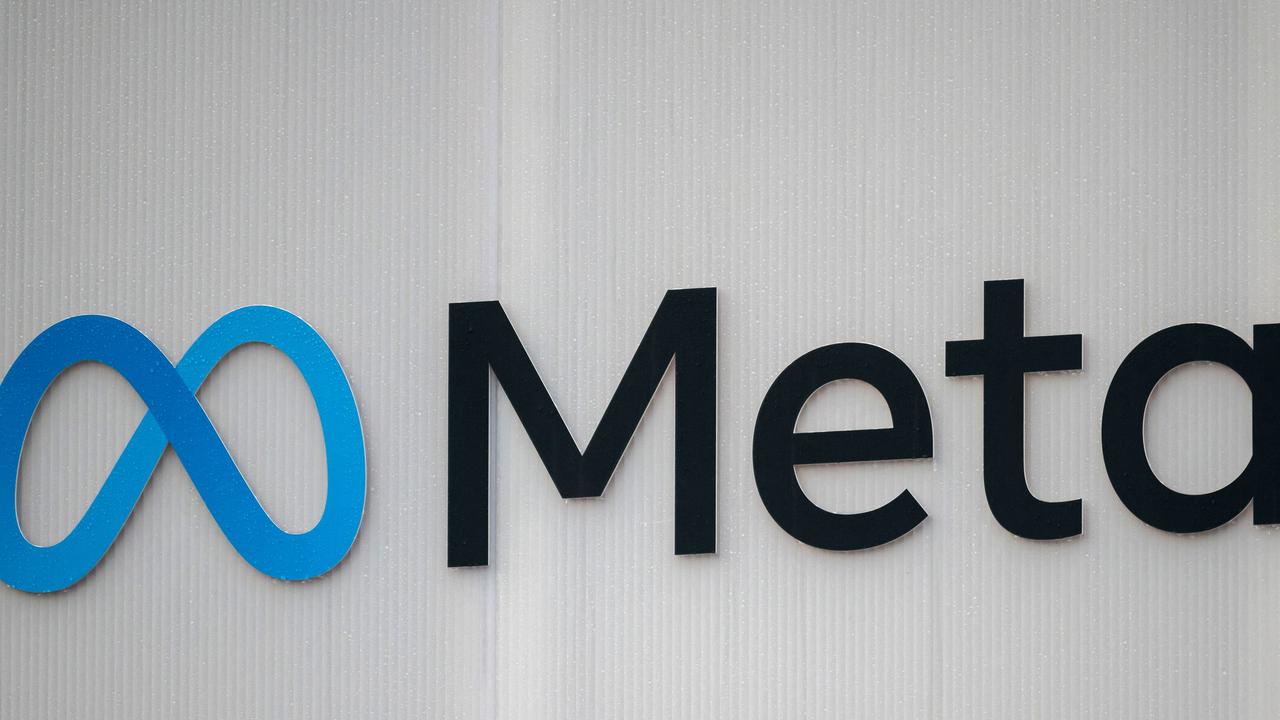
In response, the government has tasked the Australian Competition and Consumer Commission to build a case against Meta’s decision.
The case will hinge on the claim that there is a significant power imbalance between Meta and local publishers in bargaining negotiations, and that the tech giant should be required to make a sufficient contribution to the news industry, from which it financially benefits.
However, the government has signalled it is preparing for a legal stoush over the matter.
“This multinational – with revenues that exceed the GDP of some nations – has also demonstrated that it is highly litigious and is prepared to challenge the decisions of governments and legislators,” Ms Rowland cautioned.
The Opposition labelled Meta’s decision as a “hammer blow” to the local news industry, and demanded the government for the firm to the bargaining table.
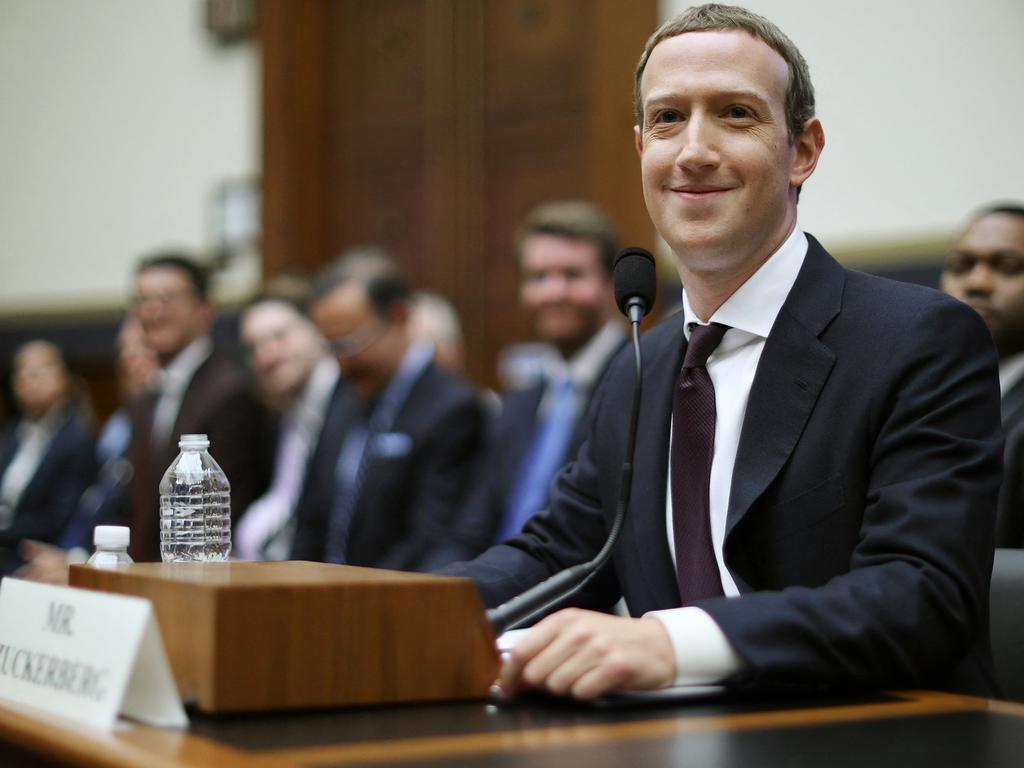
“You can’t have a situation where digital platforms take whatever they want, abuse their market power and don’t pay for Australian journalism,” shadow communications minister David Coleman said.
“That’s the test for this government. They have to make sure Meta pays for Australian journalism, and they have to show the strength and the horsepower to get it done.
“You think about the countries that don’t have flourishing journalism, and frankly they are not countries that we want to emulate.”
The outcome of deliberations with Meta are expected to be closely followed by fellow tech giant Google, who is also subject to the news bargaining.
In early March, Google told Assistant Treasurer Stephen Jones it planned to continue negotiating renewed deals under the code.
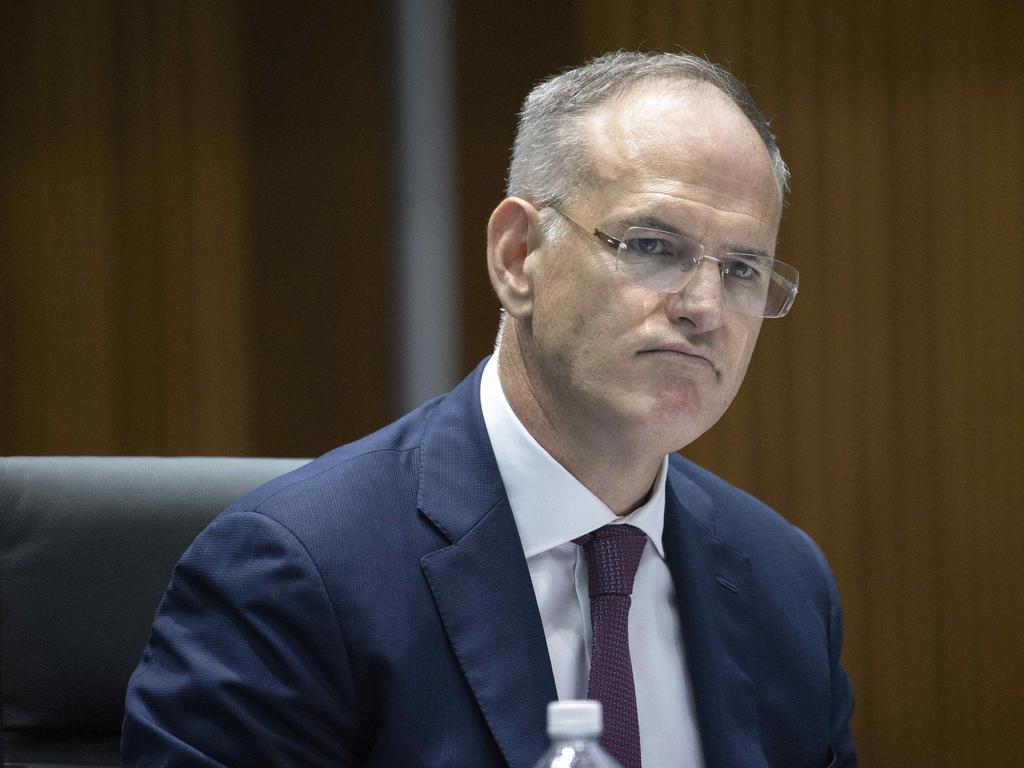
News Corp Australia executive chairman Michael Miller told the program: “Facebook don’t negotiate, they dictate.”
Mr Miller said he was called to a meeting with Facebook that lasted only nine minutes.
“They told us we will not negotiate with you,” he said.
“It wasn’t a shock, we’ve seen what they’ve done around the world.
“Meta have a history of abusing their market power.”
Mr Miller said if Meta turned off news it would probably be “the worst outcome for Australia”.
“It means less stories, particularly local stories, less promotion of local businesses, less scrutiny of local councils, less community information at a hyper local level,” he said.
Mr Miller also agreed with the proposition that Mr Zuckerberg was a “digital dictator”.
Nine Entertainment chief executive Mike Sneesby said Meta was bullying media companies, creators and the public.
“The idea that a major international tech company can consider themselves above our laws and regulations, I think, is a bigger issue if we let this pass,” he said.
“This is like having your product taken from you, no compensation for that product and a third party generating revenues and not acknowledging the product that they’ve taken.”
Tech Tyrants: Facebook’s War on Australia
Stream at SkyNews.com.au or download the Sky News Australia app
Read related topics:Facebook





